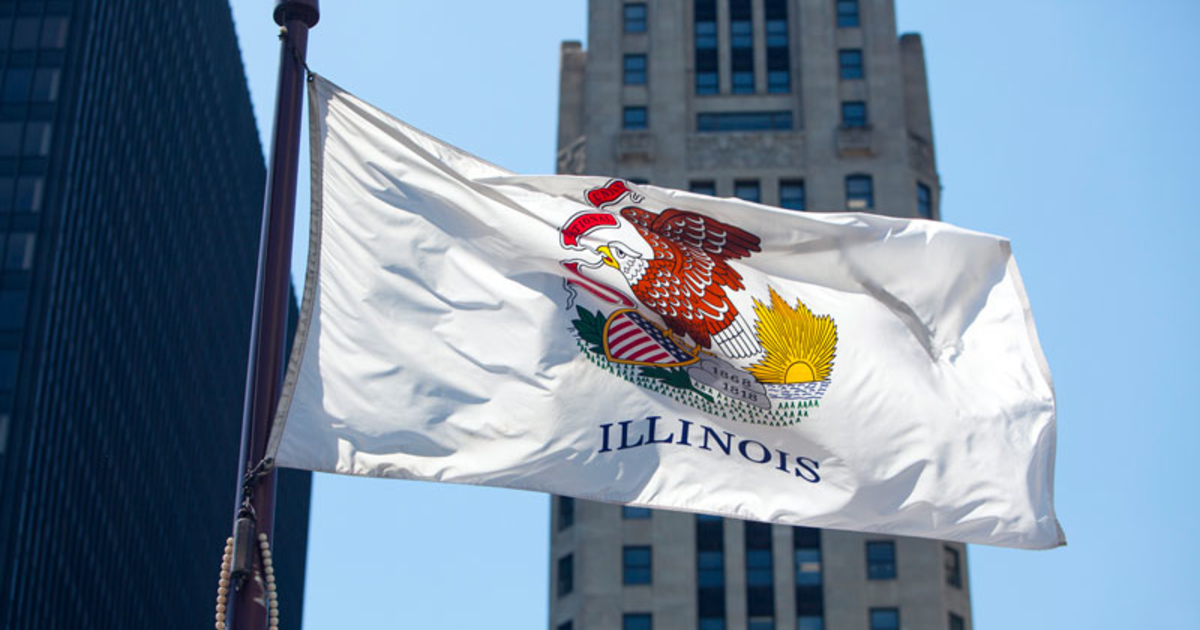A key measure of Illinois’ economy offered discouraging news from July.
The University of Illinois Flash Index, which uses various metrics including corporate earnings, tax receipts and personal income to measure the level of economic activity around the state, dropped from 105.5 in June to 104.9 in July. A reading over 100 usually indicates growth in the economy.
“The contradictory economic indicators continue with negative growth in the U.S. GDP the last two quarters ... and slowing growth of Illinois tax receipts accompanied by still low unemployment rates both nationally and in the state with a high level of inflation,” said U of I economist J. Fred Giertz, in a online post saying the index dropped "significantly."
Giertz notes that individual income tax and sales tax receipts have not kept pace with inflation over the last three months while corporate tax receipts remain strong.
The Federal Reserve has been tightening their monetary policy by raising interest rates to address inflation. Supply chain issues have been blamed for rising prices, but so has excessive spending by the federal government.
“When we think about the genesis of the inflation crisis we are in right now, the bottom line is the federal government spent way too much money,” said Illinois Congressman Darin LaHood during a recent hearing. “We have pumped $7 trillion dollars into the economy of taxpayer money over the last two and half years.”
The big debate is whether the economy is in a recession. A recession is usually determined by the National Bureau of Economic Research. Recessions are often defined after two consecutive quarters of negative growth. Preliminary statistics show that is what occurred in the U.S.
William Polley, economics professor at Western Illinois University-Quad Cities, believes economic uncertainty will linger for sometime.
“By the time we get into 2023, things will start to improve on the inflation front, but the risk of recession is still there and probably will be with us for another year or so,” said Polley.










